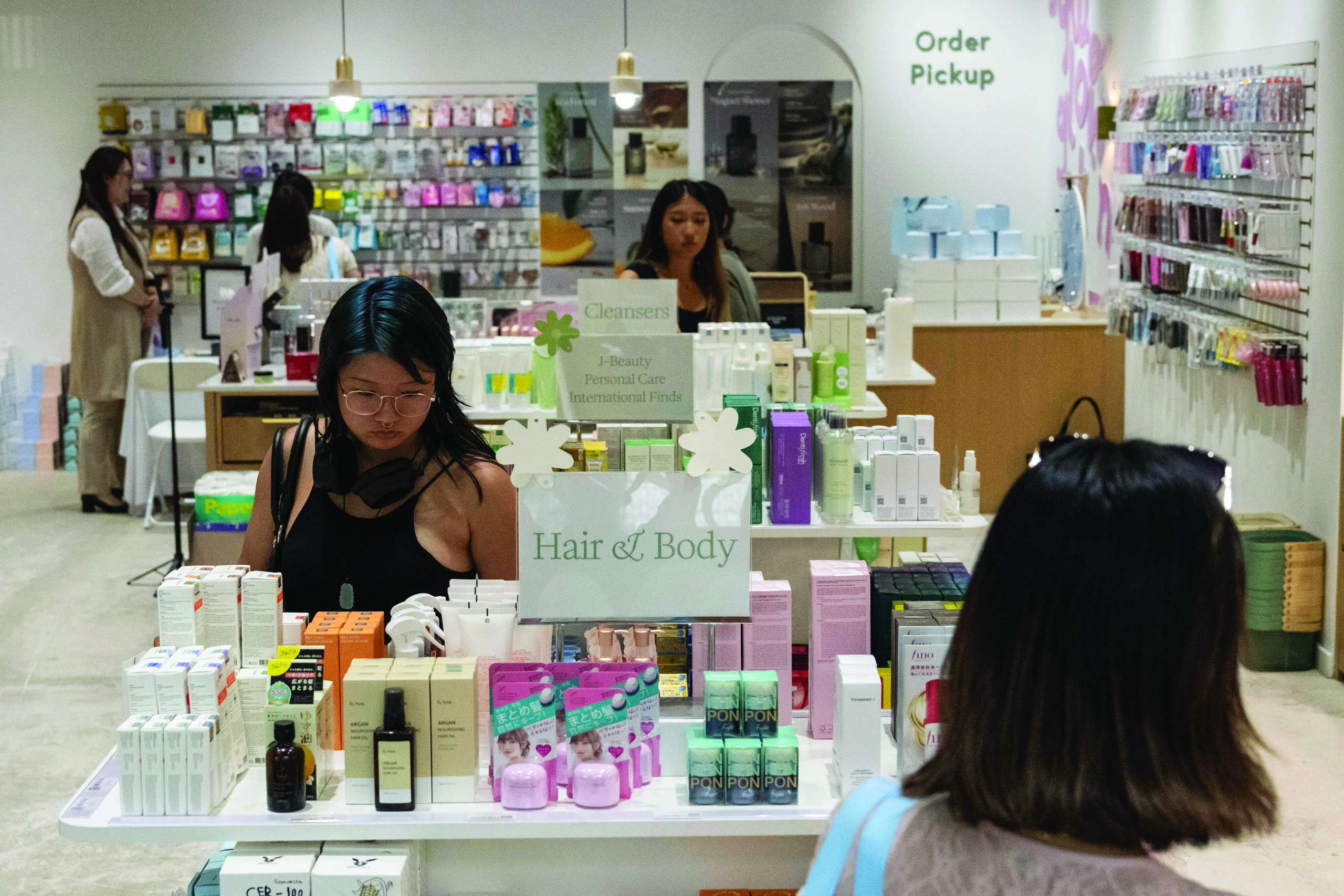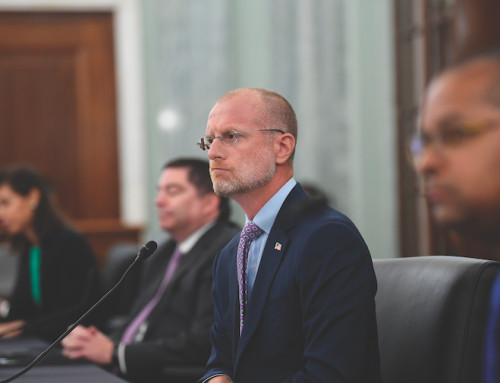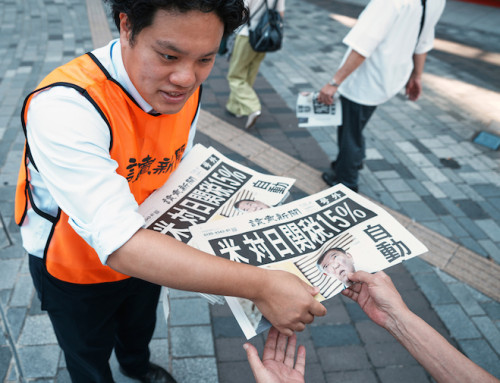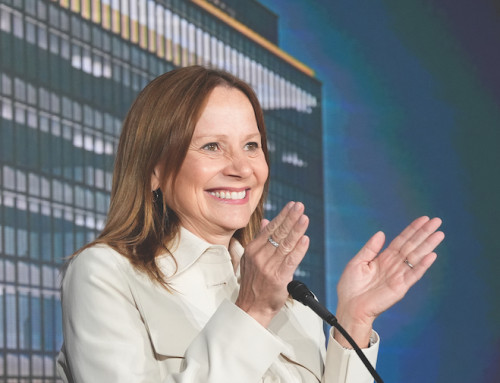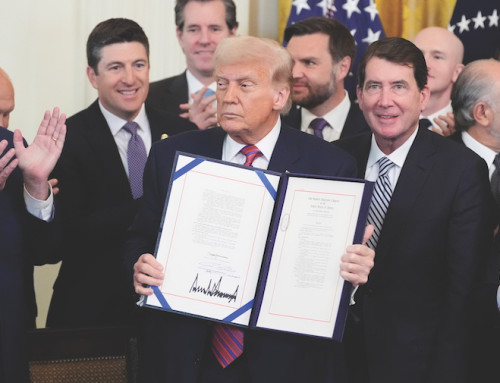NEW YORK (AP) — When Amrita Bhasin, 24, learned that South Korean products might be subject to a new American import tax, she decided to stock up on Korean brand sheet masks she uses a few times a week.
“I did a recent haul to stockpile,” she said. “I bought 50 in bulk, which should last me a few months.”
South Korea is one of the countries that hopes to secure a trade deal before the Aug. 1 date President Donald Trump set for enforcing nation-specific tariffs.
A not-insignificant slice of the American population has skin in the game when it comes to Seoul avoiding a 25 percent duty on its exports.
Asian skin care has been a booming global business for a more than a decade, with consumers in Europe, North and South America, and increasingly the Middle East, snapping up creams, serums and balms from South Korea, Japan and China.
In the United States and elsewhere, Korean cosmetics, or K-beauty for short, have dominated the trend.
A craze for all-in-one “BB creams” — a combination of moisturizer, foundation and sunscreen — morphed into a fascination with 10-step rituals and ingredients such as snail mucin, heartleaf and rice water.
Vehicles and electronics may be South Korea’s top exports to the U.S. by value, but the country shipped more skin care and cosmetics to the U.S. than any other last year, according to data from market research company Euromonitor. France, with storied beauty brands like L’Oreal and Chanel, was second, Euromonitor said.
Statistics compiled by the U.S. International Trade Commission, an independent federal agency, show the U.S. imported $1.7 billion worth of South Korean cosmetics in 2024, a 54 percent increase from a year earlier.
“Korean beauty products not only add a lot of variety and choice for Americans, they really embraced them because they were offering something different for American consumers,” Mary Lovely, a senior fellow at the Peterson Institute for International Economics, said.
Along with media offerings such as “Parasite” and “Squid Games,” and the popularity of K-pop bands such as BTS, K-beauty has helped boost South Korea’s profile globally, she said.
“It’s all part and parcel really of the same thing,” Lovely said. “And it can’t be completely stopped by a 25 percent tariff, but it’s hard to see how it won’t influence how much is sold in the U.S. And I think what we’re hearing from producers is that it also really decreases the number of products they want to offer in this market.”
Senti Senti, a retailer that sells international beauty products at two New York boutiques and through an e-commerce site, saw a bit of “panic buying” by customers when Trump first imposed punitive tariffs on goods from specific countries, manager Winnie Zhong said.
The rush slowed down after the president paused the new duties for 90 days and hasn’t picked up again, Zhong said, even with Trump saying on July 7 that a 25 percent tax on imports from Japan and South Korea would go into effect on Aug. 1.
Japan, the Philippines and Indonesia subsequently reached agreements with the Trump administration that lowered the tariff rates their exported goods faced — in Japan’s case, from 25 percent to 15 percent — still higher than the current baseline of 10 percent tariff.
South Korea, however, has yet to clinch an agreement, despite having a free trade agreement since 2012 that allowed cosmetics and most other consumer goods to enter the U.S. tax-free.
Since the first store owned by Senti Senti opened 16 years ago, beauty products from Japan and South Korea became more of a focus and now account for 90 percent of the stock.
The business hasn’t had to pass on any tariff-related costs to customers yet, but that won’t be possible if the products are subject to a 25 percent import tax, Zhong said.
“I’m not really sure where the direction of K-beauty will go to with the tariffs in place, because one of the things with K-beauty or Asian beauty is that it’s supposed to be accessible pricing,” she said.
Devoted fans of Asian cosmetics will often buy direct from Asia and wait weeks for their packages to arrive because the products typically cost less than they do in American stores.
Rather than stocking up on their favorite sunscreens, lip tints and toners, some shoppers are taking a pause due to the tariff uncertainty.
Los Angeles resident Jen Chae, a content creator with over 1.2 million YouTube subscribers, has explored Korean and Japanese beauty products and became personally intrigued by Chinese beauty brands over the last year.
When the tariffs were first announced, Chae temporarily paused ordering from sites such as YesStyle.com, a shopping platform owned by an e-commerce company based in Hong Kong.


